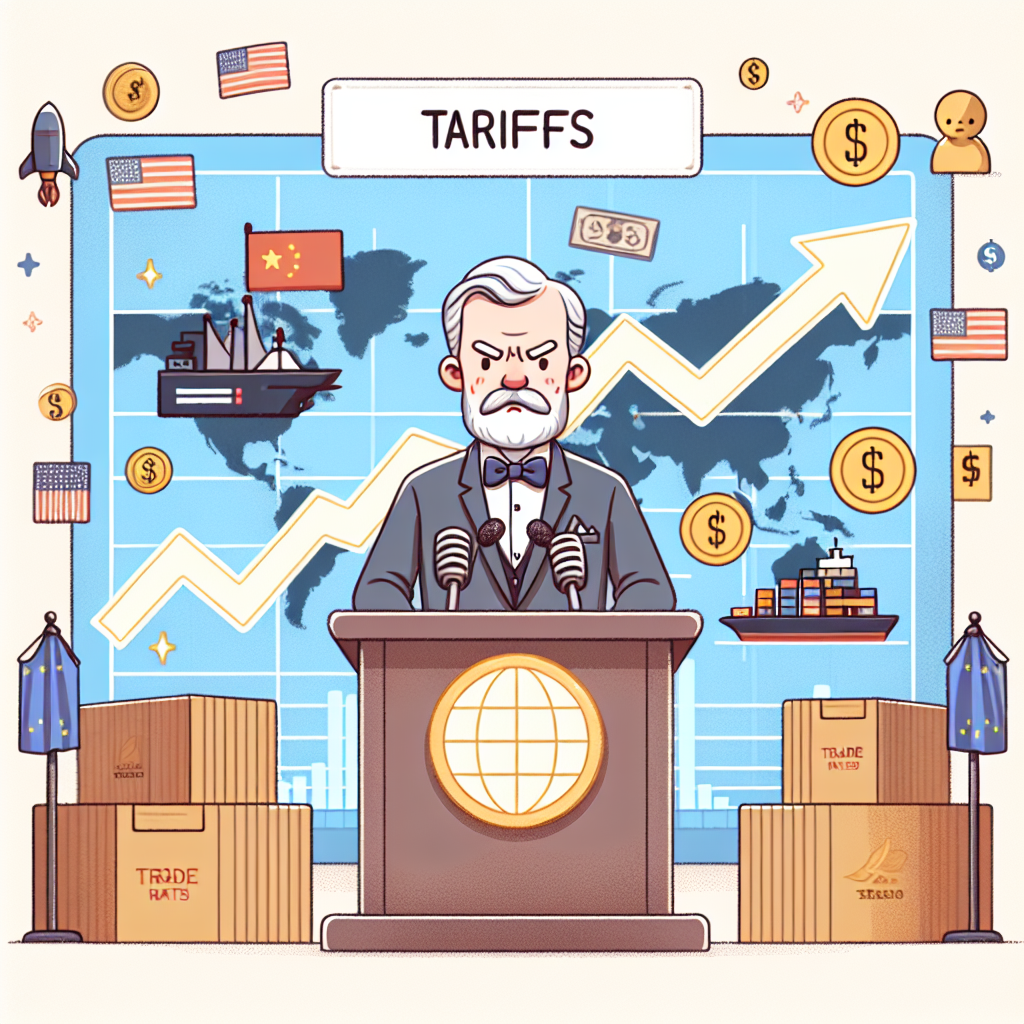Trump's Tariff Turmoil: The Global Economic Impact
As President Trump's tariffs take effect, global economic tension escalates. Key trading partners retaliate, business leaders warn of impending recession, and market instability rises. With tariffs impacting various international goods, the administration faces challenges in calming markets and resolving trade disputes amid fears of economic downturn.

- Country:
- United States
The global economy is reacting strongly to President Donald Trump's tariffs, which took effect on Wednesday, raising concerns about a potential recession. Major US trading partners have responded with their own import taxes, and the stock market has shown signs of instability.
Trump's tariffs vary by country, imposing significant rates on products from China, the European Union, Japan, and South Korea. Administration officials aim to negotiate these rates, though the process might take months.
Investors traditionally view US Treasury notes as safe, but bond prices have fallen, indicating global apprehension about Trump's trade measures. Key executives in the finance and airline sectors express concerns over the policy's impacts on recession risks and financial forecasting.
(With inputs from agencies.)
ALSO READ
Tariff Turmoil: Trump's New Trade Tactics
India and Brazil Set Ambitious Trade Goals and Forge New Partnerships
Global Trade Jitters: Nations React to U.S. Tariff Turmoil
Trump Tightens Trade Tariff Grip with Maximum Legal Increase
India and Brazil Eye Strategic Partnership in Minerals and Trade Amid Lula’s Visit










